#a nurse gifted it to me while i was in hospital in Auckland
Text
Some of my favorite books are still the ones I got as strange presents or found randomly at a library never to be seen again
#has anyone here read the greatest man in cedar hole#a nurse gifted it to me while i was in hospital in Auckland#mati barks#my copy is disintegrating#on a similar note#a madman dreams of turing machines#that one i cant even find a pdf for#wasnt even good just
4 notes
·
View notes
Photo

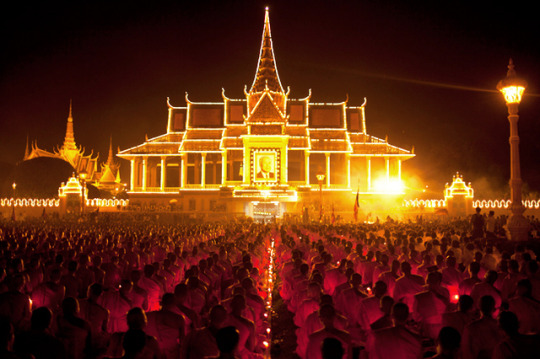
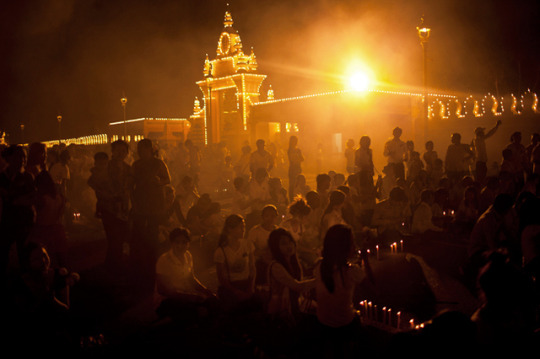




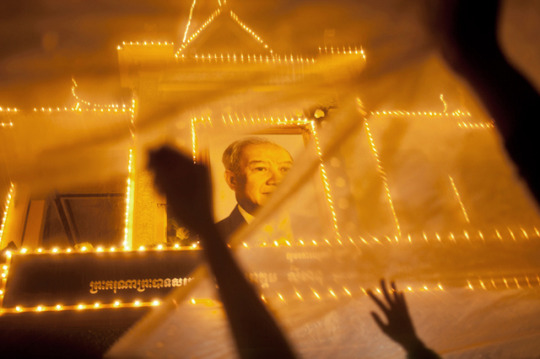

Kim Hak, Unity, 2012 - 2013, Photograph series, Phnom Penh, http://www.kimhak.com/stories/unity/.
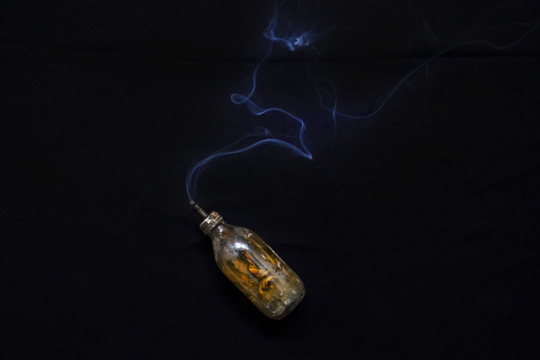
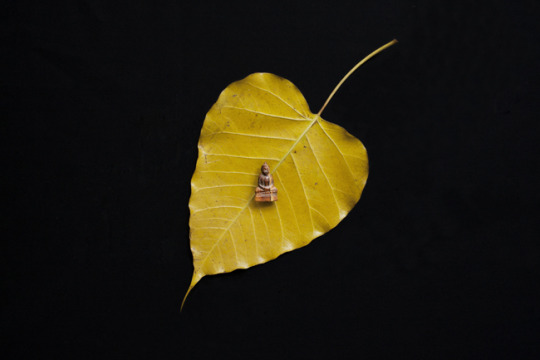
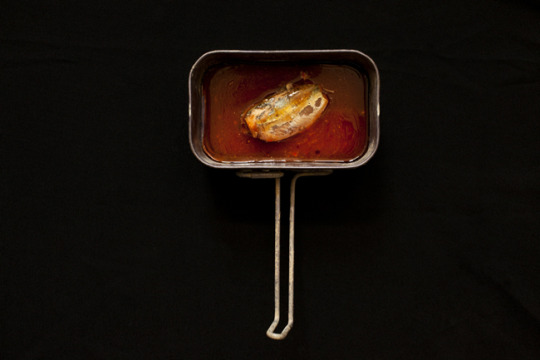
Kim Hak, Alive, 2014 - present, Photograph series, Object Space, Auckland, http://www.kimhak.com/stories/alives/.
I attended this exhibition at Objectspace when it was hosting a talk with the director of Bophana where they talk about an app that they had developed with the purpose of educating young Cambodians about Khmer Rouge history. It is aimed for academic use with referencing and has been very useful for me.
“The director of the Bophana Center, Sopheap Chea, will visit Objectspace to share the learnings and complexities of gathering such diverse and personal content when creating an online app.
Sopheap Chea is the executive director of the Bophana Audiovisual Resource Center and a project manager for the Khmer Rouge app project. He has worked with the Bophana Center for more than a decade. Sopheap holds a critical view of knowledge-sharing in the digital era, having worked on the Khmer Rouge History app with limited information available to him and the added challenge of recognising valid sources.”
“Digital Storytelling and Cambodian History,” Object Space, Accessed September 20, 2019, http://www.objectspace.org.nz/events/digital-storytelling-and-cambodian-history/.
The things they brought with them usually related to the life they’d previously led, or are items of great sentimentality. There is the watch one man had been given by his father when he graduated high school – that he kept hidden during the Khmer Rouge time, and still wears today. One woman secreted the negative of a portrait taken of her when younger; when she arrived in Auckland, she had a print made from it. Another man still has the hammock he used as a soldier during the war. Another, who was a hospital nurse, has a pair of surgical scissors he took as the Khmer Rouge invaded, and his wife has a pair of forceps – objects they used to help others. The same man has kept a necklace he made while in a refugee camp.
Man Hau Liev was born in 1952 in Siem Reap, Cambodia. He now lives in South Auckland. The watch was a gift from his father when he left to study at university in Phnom Penh. In the early 70s, with political unrest in the city growing, Man Hau sent the watch back to his mother for safekeeping. She kept it hidden throughout the Khmer Rouge regime. Man Hau bought a replacement watch, which he later gave to a Khmer Rouge soldier to save himself from execution. In 1982, he was reunited with his mother, and the watch, in a refugee camp. He was accepted as a refugee to New Zealand soon after.
Maran Keo was born in 1957 in Phnom Penh, and now lives in Auckland. Towards the end of the Khmer Rouge regime, Maran fled to refugee camps in Thailand and then Malaysia. She met her husband in one of the Thai camps and they had three children while living as refugees. In 1985, a friend who had been granted asylum in Canada gave her the soup pot. When Maran and her family were taken in by New Zealand, she packed her clothes inside the pot and brought it to their new home in a rice bag. She lost contact with her friend from the camp, but says the soup pot is her reminder of friendship and kindness in difficult times.
Mike White, “How photographer Kim Hak captured Cambodian survival stories”, Noted, June 14, 2019, accessed September 26, 2019, https://www.noted.co.nz/culture/culture-arts/kim-hak-alive-exhibition-cambodian-survival-stories.
0 notes
Text
Loving God Part 3 – With Mind
The mind is one of the most important elements in our bodies. It allows us to think and give reasons whether something is good or bad. As we grow older, our minds develop that we are able to think more clearly and wisely.
This is the reason that we have to go to a school from primary-years to high school-years. After that, we can go to a university to pursue our studies on something that we are interested in, or we can have a career with.
Going to schools is one of the main systems to know how to be successful in our lives. I graduated from primary to high school in New Zealand. After Long Bay College, I moved to New York to live with my father.
While I was attending an English academy to get my visa sorted out, I pondered what is my next step. Since I wanted to work on a computer and received the gift of Christian writing, I had two choices—to go to a university to pursue my career with Microsoft Office programs or to go to a Bible College and work in a church and/or as a Christian writer in the future.
As time went by, my desire of going to a Bible College grew stronger but I was concerned that education in a Bible College would be harder. Although I had to move back to New Zealand because of some visa issues, I had never given up going to a Bible College in spite of what difficulty level might be for me.
To my surprise, I have been doing theological studies very well as I received most ‘B’ grades. I received ‘A’ grades as well but I don’t know if I am getting better in theological perspective. ‘A’ grades only come out when I am doing only one paper as there is a lot of time to wrestle my theological thinking on assignments with.
I do know that my writing skills are getting better as there have been a lot less grammatical errors in assignments nowadays compared to a long time ago.
But beside all of this, the main thing I care about is getting more knowledge of God when it comes to theological studies. I love being immersed in them. Doing theological studies is a way of disciplining myself into Christianity.
Loving God
Although studying theology is one of the ways to discipline ourselves into Christianity, there are many devout Christians who do not study theology.
For example, Matthew Thornton, who does not study theology but engineering and commerce conjoint, won the Bronze Award for being the best new writer from Australasian Religious Press Association (ARPA) in 2019.
Two other people are Rebecca Hoverd and Jessica Knell. Rebecca studies law and geography at the University of Auckland. Jessica is a registered nurse at one of the hospitals in Auckland. They both won the Youth Development Award from Press Service International in 2019.
Regardless of their past status, what I have in common with them are the fact that we think that writing is one of the communications with God. We also love to teach ourselves and others about believing in God. In fact, my dream of being a testimony speaker became true because of the prayer ministry in Windsor Park Baptist Church.
However, devout Christians believe entirely on the grace and mercy of God, that Jesus Christ was crucified on the cross and resurrected three days later to bring us a new life. Since we have been given a new life and reconciliation with God, we need to keep Christ as the foundation of our lives (Colossians chapter 1, verses 15-20).
But how do we do that?
2 Timothy chapter 3, verses 16-17 gives us a clue:
All Scripture is God-breathed and is useful for teaching, rebuking, correcting and training in righteousness, so that the servant of God may be thoroughly equipped for every good work.
We need to treasure God’s word daily. This means not only do we have to read it but also apply it to our lives.
Interestingly, Jesus has declared in Luke chapter 6, verse 46-48, that whoever hears His word and practice it is like laying their foundation on a rock. Metaphorically speaking, the rock is God according to David, the Psalmist.
Of course, we can hear the word of God through an audio bible CD or application. However, I believe Jesus meant that hearing His word should happen through the Spirit of God as we read it. We cannot understand God’s word without His Spirit properly, even though we feel like we could.
The Bible is filled with God’s word and it has been freely given to us. Since God has poured His Spirit into believers of Christ so they can understand Him properly, the Spirit interprets God’s word and send them into their minds. I think this is how the Spirit works. Have a read the whole second chapter of 1 Corinthians.
There are a lot of ways to listen to God’s word like through Christian podcasts, sermons and devotionals but there are just resources Christians make through hearing God’s word.
Although many good ones are out there and studying God’s word is indeed done in a community, it would be more revolutionising if we hear God’s word by ourselves.
So, let us try to make God’s word as our primary source of God’s revelation!
0 notes